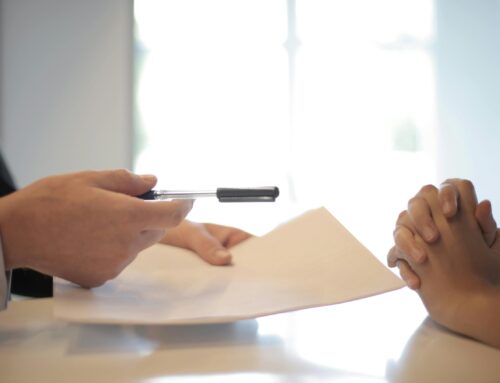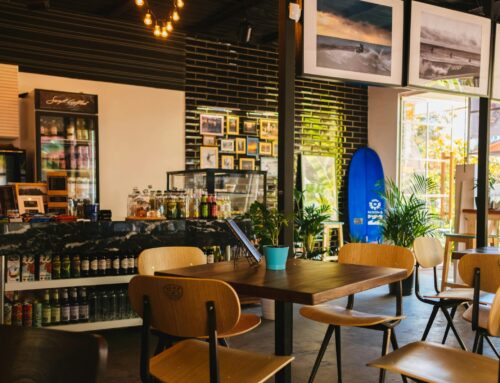Theft can occur in a bar in a couple of different ways — theft from patrons and theft from the bar itself — and as the manager or owner of the establishment, you need to be prepared to deal with either situation as effectively as possible. Look into different types of insurance for bars to help protect your property. Bar insurance can come in the form of general liability, workers’ compensation, liquor liability insurance, and more.
The unique social nature of bars and pubs can potentially create opportunities for thieves. Bars have a regular turnover of patrons — both regular customers and brand-new customers. So many new faces are coming and going throughout the evening that it creates a certain amount of anonymity for those with malicious intent. Add to that the loud music and occasional rowdy behavior, and it can be very hard to spot and recognize potential problems. Customers also tend to leave their bags and other personal belongings unattended. They might leave something on the floor or hang a bag off a chair while they step outside for a cigarette or go to the restroom.
There is also an opportunity for thefts to happen behind the bar. Managers hire employees because they believe them to be trustworthy. Unfortunately, too much bar theft is committed by staff members. Some of this theft may be malicious, but many of your employees might not even realize that what they’re doing is costing the bar money (e.g., giving away free drinks, overpouring, etc.). If the theft is intentional, they may use tricks like faking numbers and pocketing the extra cash.
Thefts in bars can adversely affect your revenue in other ways. If someone’s bag is stolen while they are at your establishment, chances are they are going to look for another bar to patronize in the future. They will also tell their friends to do the same.
Prevention is the Best Solution
A key step for dealing with theft on your premises is to take action and prevent it from happening in the first place. Some theft-prevention steps include:
-
Posting reminders not to leave personal property unattended
-
Installing cameras in obvious areas and making sure people know they exist
-
Training the staff to properly intervene in suspicious situations
-
Laying out tables and chairs in such a way that they interfere with quick and easy escape routes
-
Involving law enforcement when necessary
As a bar owner or manager, you can also take proactive measures such as carefully interviewing potential employees and only hiring trustworthy candidates with great references. Regularly checking the bartenders’ tabs and reconciling cash drawers every night are other steps to take. This will allow you to keep careful tabs on your cash flow. Create a pour policy and train your employees carefully to verify they stick to it. You can also keep any extra bottles and other valuables locked up. Place cameras in strategic locations, especially in areas with high-value items, and let employees and patrons know you have preventative measures in place to discourage theft.
If you notice any of the following signs, this may be an indication that theft may be taking place in your establishment:
-
Lots of guests but low sales
-
Guests ordering bottles of slow-selling products
-
A messy bar space where it is difficult to see what is taking place
-
Hands moving from the cash drawer to the tips
-
Employees collecting the right amount of money for a tab but ringing up the wrong amount or voiding the transaction
Some of these preventative measures may work better than others, so track how well your responses have resolved problems and determine if there are ways you can improve. You cannot control everyone who steps into your establishment, but you should be able to respond appropriately.
Be Clear About Your Response to Theft
Set clear boundaries with your staff members regarding theft. Help them to understand that stealing will result in their termination. Communicate and assist guests who have suffered a theft so they won’t hold you responsible for the actions of others. Verify if theft is covered by your bar insurance.
Seek Full-coverage Insurance for Bars
Tabak Insurance provides comprehensive insurance for bars and restaurants. We offer general liability insurance, liquor liability insurance, commercial property insurance, and so much more. These coverage options can be beneficial for protecting your assets in the event of an accident or other natural disaster. Contact our team today to learn more about our bar insurance packages.




